In 1901, Elisa Sánchez Loriga and Marcela Gracia Ibeas became the first known same-sex couple to marry in Spain—by disguising Elisa as a man. Based on this incredible true story, Elisa y Marcela recreates the perilous journey of two women defying social, religious, and legal norms to pursue love, at a time when same-sex relationships were criminalized.
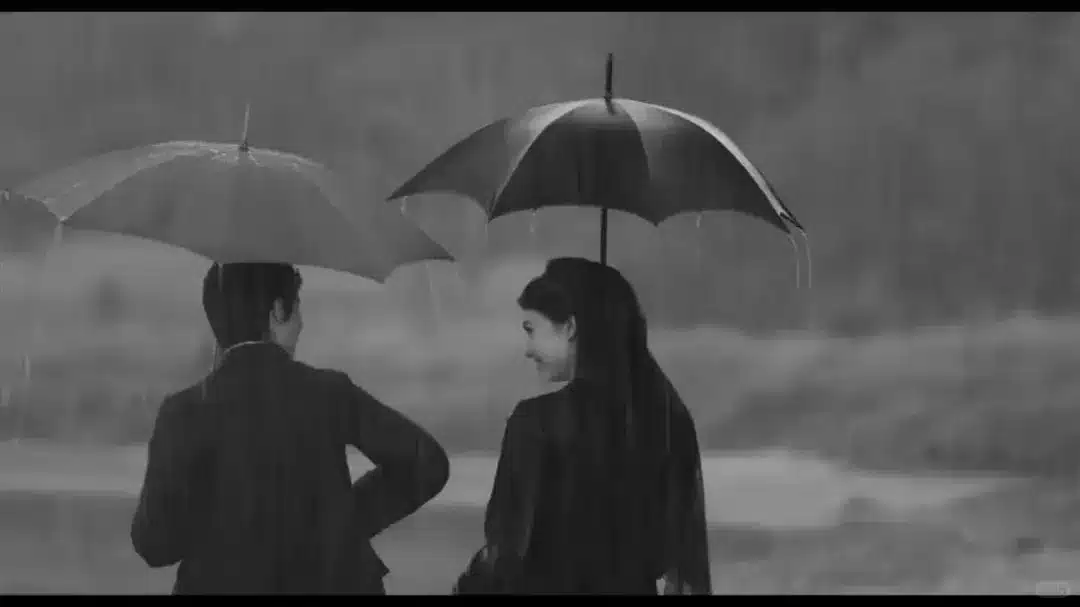
Shot in luminous black and white, the film travels from the rainy shores of Galicia to the stone-walled villages of Portugal, tracing how their schoolgirl affection deepened into defiance, sacrifice, and a hidden marriage that shocked a nation.
Elisa y Marcela Official Trailer
In 1898, in the coastal town of A Coruña, young Marcela arrives at a convent school where she meets the assertive and kind-hearted Elisa. Their friendship soon turns into forbidden love. After Marcela is transferred away by her disapproving father, the two women sustain their affection over years of handwritten letters.
Reunited in secret years later, they build a life together—but are constantly threatened by societal condemnation. Elisa, adopting a male identity as “Mario,” stages a daring marriage with Marcela in a church ceremony. When their deception is uncovered, the lovers are forced into exile and imprisonment, narrowly escaping extradition to face a potential 20-year sentence for their union.
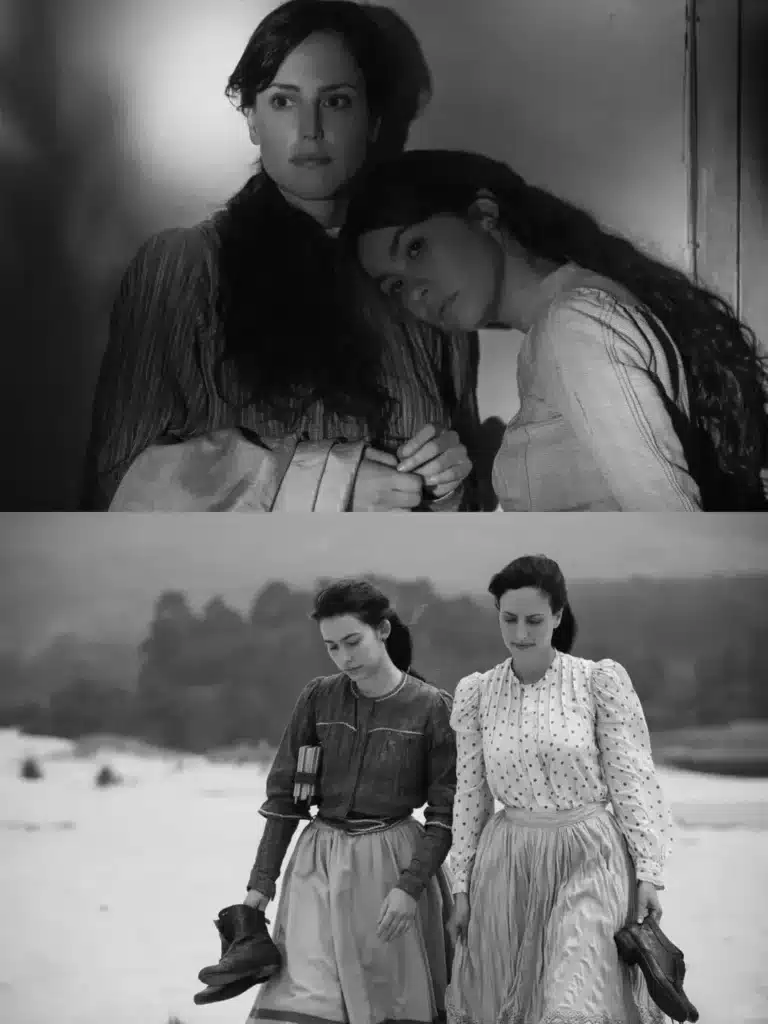

A brave, witty schoolteacher who defies the norms by dressing as a man and marrying the woman she loves.
Natalia de Molina
Natalia de Molina is an acclaimed Spanish actress, known for Living Is Easy with Eyes Closed (2013) and Food and Shelter (2015). Her performance as Elisa earned praise for emotional vulnerability and strength.

A tender yet determined woman who chooses love over conformity, even at great personal cost.
Greta Fernández
Greta Fernández is a rising Spanish actress, recognized for The Daughter of a Thief (2019). Her portrayal of Marcela offers a mix of fragility and fierce devotion, anchoring the emotional arc of the film.
Director

Isabel Coixet
Isabel Coixet is one of Spain’s most prominent female filmmakers, known for her poetic, intimate, and often female-centered stories. Her previous works include The Secret Life of Words and The Bookshop. With Elisa y Marcela, she brings a rare lesbian love story from Spain’s past into visual poetry, blending historical authenticity with stylized visuals—though not without criticism for overindulgent eroticism and narrative flatness.
BEST SCENES
The handwritten letter exchange is among the film’s most intimate and affecting segments. Lines like “I want to kiss your mole” and “I imagine us lying naked on all our letters, like they protect us from the cold” are both romantic and heart-wrenching. Another standout moment is their playful swim in the river—free of their corsets, unburdened by the world, if only for a moment.
Elisa y Marcela Review
Review
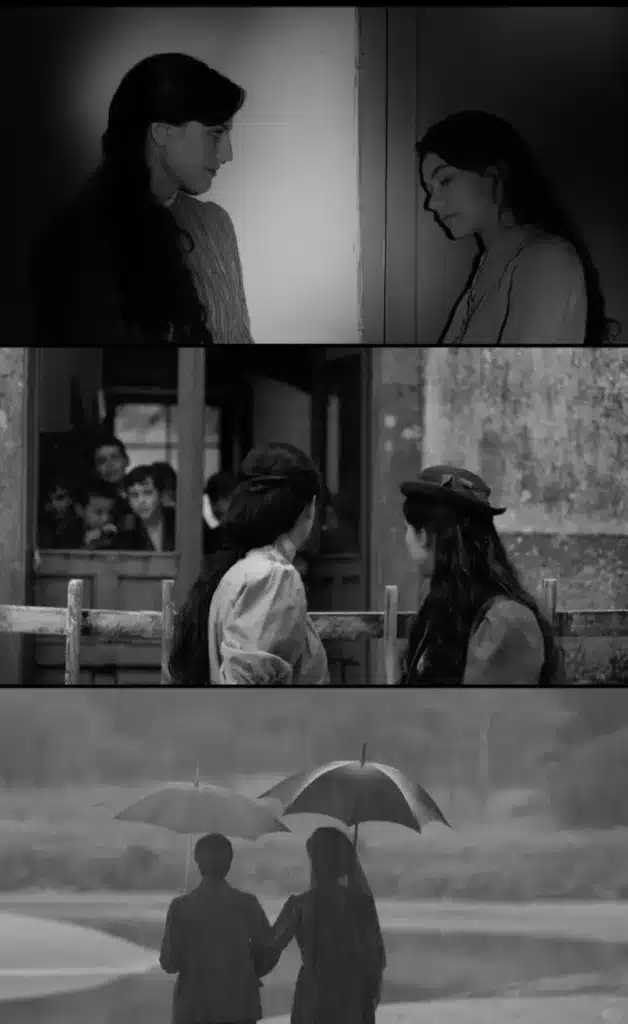
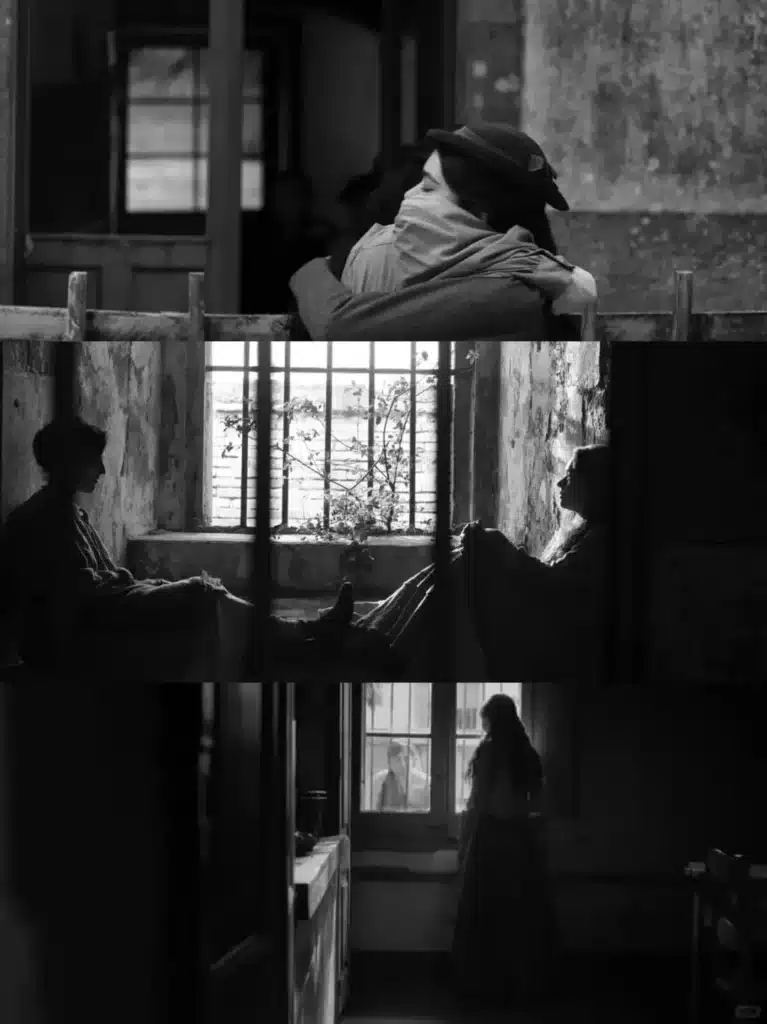
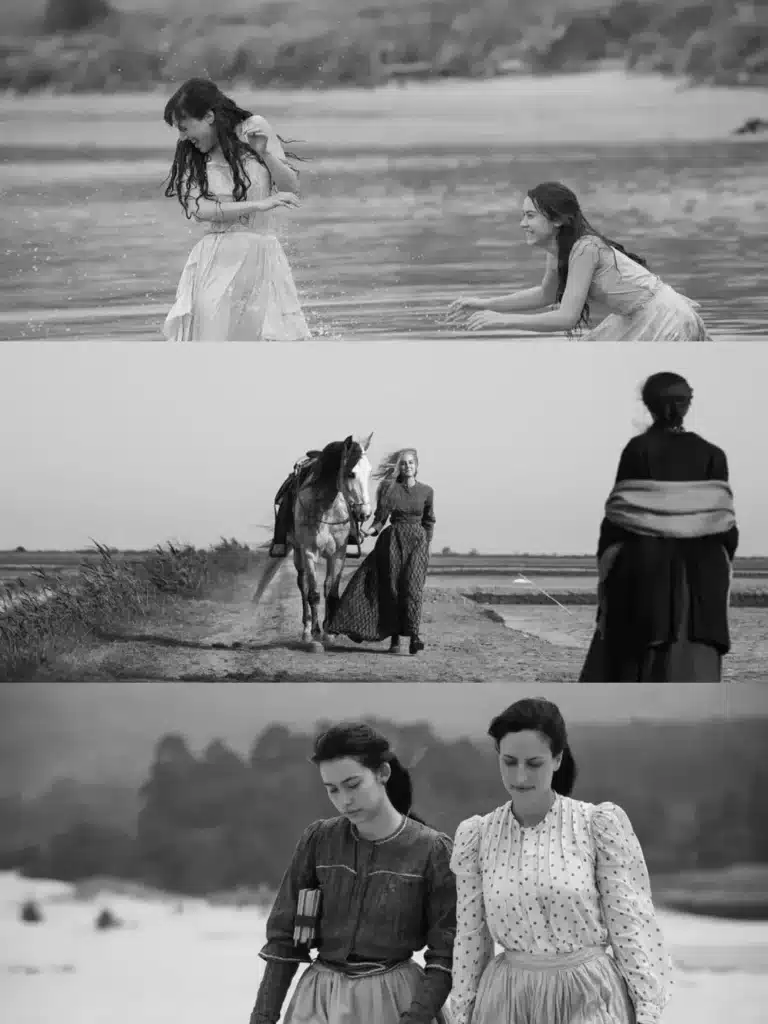
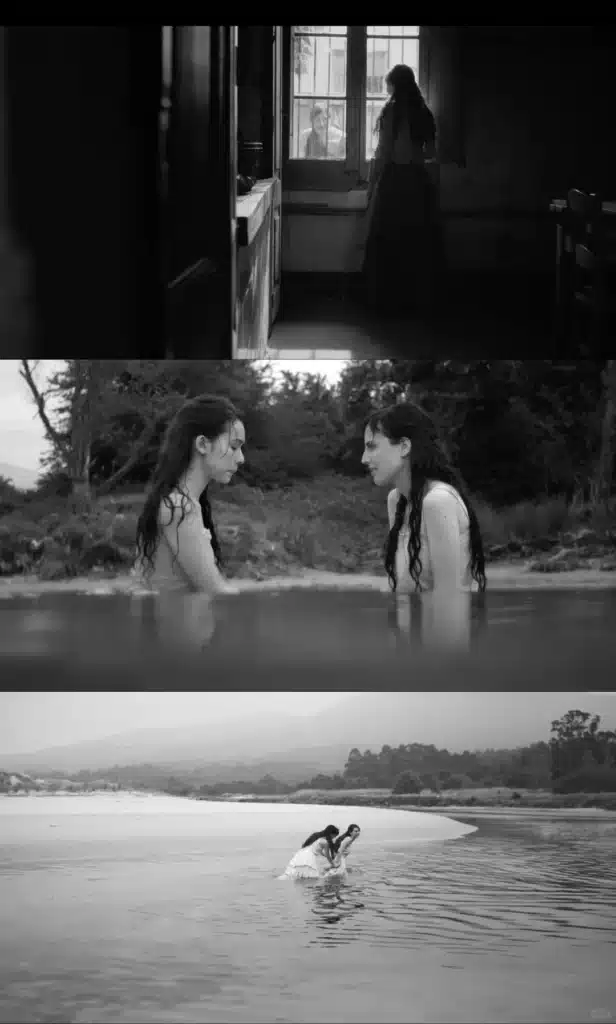
⭐ Story – 4.5/5
The story of Elisa y Marcela is almost too powerful to believe—yet it’s real. It captures the raw courage of two women in a time when love between them was not just taboo, but a crime. The script leans into the romantic idealism of their bond, portraying it with tenderness and conviction, though at times the pace drags under the weight of historical exposition.
⭐ Acting – 4.2/5
Natalia de Molina (as Elisa) and Greta Fernández (as Marcela) bring deep emotion to their roles. Their chemistry feels grounded, their gestures subtle yet intense. Both actresses handle their characters’ arc—from schoolgirl affection to defiant fugitives—with admirable nuance.
⭐ Chemistry – 4.6/5
The connection between Elisa and Marcela is delicate, sensual, and deeply emotional. Whether through handwritten letters or stolen glances, their intimacy radiates through the screen. However, some stylized erotic scenes, such as the notorious “octopus moment,” felt excessive and distracted from the emotional thread.
⭐ Production – 4.0/5
Isabel Coixet’s use of monochrome cinematography gives the film a timeless, melancholic beauty. Scenes by the sea, forests, and candle-lit interiors are reminiscent of old postcards. However, some viewers may find the visual aesthetic over-stylized, veering toward form over substance in key emotional beats.
⭐ Ending – 3.8/5
The ending leans into poetic closure rather than emotional resolution. While the final reunion between Elisa and Marcela is moving, the emotional weight of abandoning their child and the broader implications of their fight for freedom are not fully explored.
💬 My Take
Watching Elisa y Marcela feels like witnessing love written in ink and blood. The black-and-white visuals immerse you in their era, but what stayed with me most was the quiet defiance in their eyes. It’s not a perfect film—at times too aesthetic, at times too safe—but its soul burns bright. It reminds us how love, when true, seeks no permission.
And that even a century later, their question still echoes: Is it worth it?
Yes. For them, for us, it was.
Elisa y Marcela Information
🏆 Awards
69th Berlin International Film Festival (2019)
🎖 Official Competition – Golden Bear Nominee
🎖 Teddy Award – Best LGBTQ Feature Nominee
Elisa y Marcela was nominated for the prestigious Golden Bear in the main competition and also received a Teddy Award nomination for Best LGBTQ Film at the 69th Berlinale. Although it did not win, its inclusion in both categories highlighted the film’s cultural significance and queer representation within global cinema.
